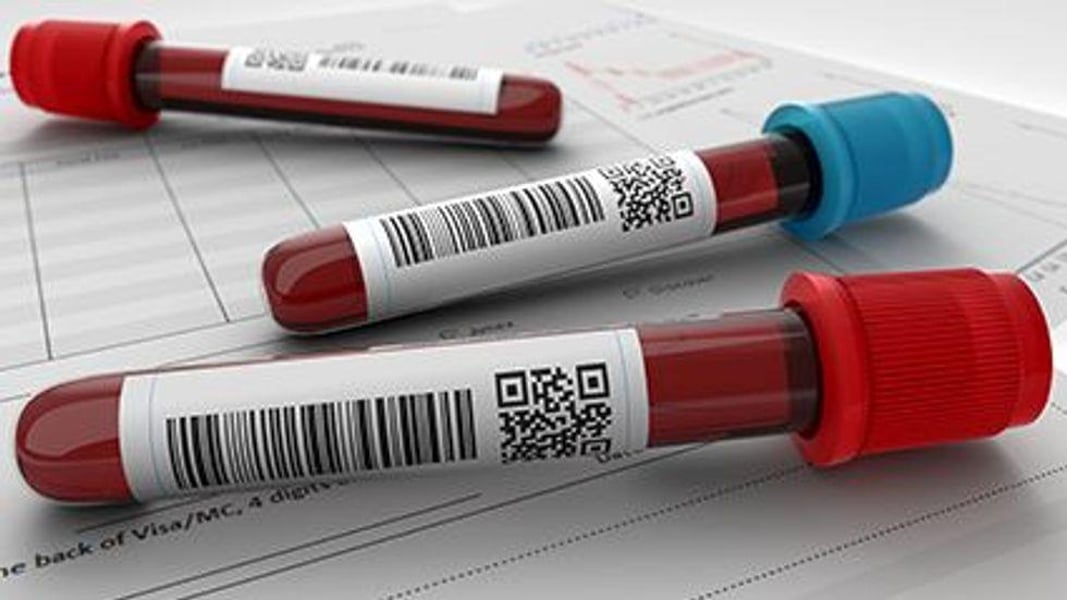Blood Test Looks at Patients’ Whole Genome to Spot Rare Inherited Diseases

MONDAY, Nov. 8, 2021 (HealthDay News) -- Whole genome sequencing of blood samples improves detection of rare genetic conditions called mitochondrial disorders, British researchers report.
These disorders are inherited and affect about 1 in 4,300 people, causing progressive, incurable diseases.
Though they are among the most common inherited disorders, mitochondrial disorders are tough to diagnose because they can affect many organs and resemble a number of other conditions.
"A definitive genetic diagnosis can really help patients and their families, giving them access to tailored information about prognosis and treatment, genetic counseling and reproductive options, including preimplantation genetic diagnosis or prenatal diagnosis," study author Katherine Schon said in a University of Cambridge news release. She is a researcher in the university's MRC Mitochondrial Biology Unit.
Current genetic testing fails to diagnose about 40% of patients, which can have significant consequences for them, their families and health providers.
This study included 345 people in the United Kingdom with suspected mitochondrial disorders.
The researchers found they could make a definite or probable genetic diagnosis for 31% through a whole genome sequencing from a single blood test. Standard tests, which are often more invasive, failed to yield these diagnoses, the authors said.
The findings -- published Nov. 3 in the BMJ -- dovetail with plans in Britain to create a whole genome sequencing program to provide quicker diagnoses.
"We recommend that whole genome sequencing should be offered early and before invasive tests such as a muscle biopsy," said study author Patrick Chinnery of the University of Cambridge's MRC Mitochondrial Biology Unit.
"All that patients would need to do is have a blood test, meaning that this could be offered across the whole country in an equitable way," he said in the release. "People wouldn't need to travel long distances to multiple appointments, and they would get their diagnosis much faster."
A more reliable genetic test for mitochondrial disorders could also improve research into these disorders, according to the researchers.
More information
The United Mitochondrial Disease Foundation has more on mitochondrial disease.
SOURCE: University of Cambridge, news release, Nov. 3, 2021
Related Posts
Su hijo está enfermo. ¿Debe llamar al médico o ir a emergencias?
MIÉRCOLES, 23 de noviembre de 2021 (HealthDay News) -- Es un dilema común cuando...
CDC Report Looks at Financial Burden of Medical Care Faced by Veterans
WEDNESDAY, March 22, 2023 (HealthDay News) -- Financial burden of care is...
Algunos hígados donados siguen funcionando durante 100 años, según un estudio
MARTES, 18 de octubre de 2022 (HealthDay News) -- Algunos hígados humanos son...
